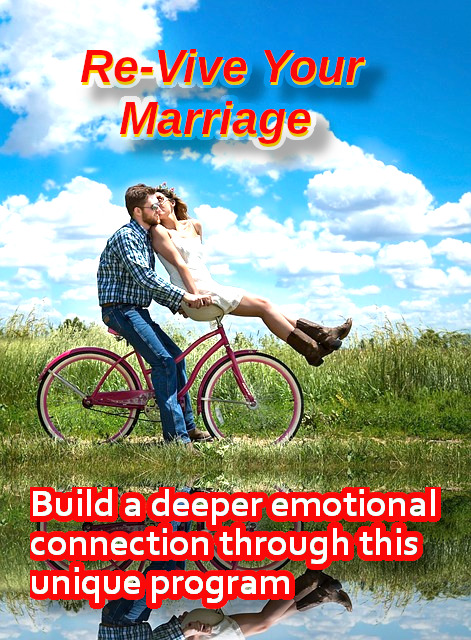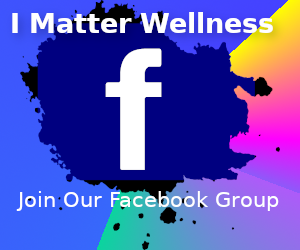

I responded to a social media post the other day. And quite the conversation it was.
One mother (of adult children) made a comment that she would never be one to not help her adult children when they needed money. And proceeded to make it look like you were a bad parent if you didn’t pay your adult child’s bills.
I responded and said that we don’t anymore. That was enabling your adult child to stay dependent on you. Everyone in the thread agreed with her. I wasn’t arguing with her but I held my ground. Here is why!
I had a very intense mother-in-law that believed in the same concept. And when we said “No” to our children, they would go to her. She was willing give it to them behind our backs.
Now I am not against gifts, but only at the appropriate times. We wanted our kids to learn how to work for themselves and respect what they earn.
Many families today don’t want their kids to suffer like they did. So they give them everything. That was the concept of my in-laws. And I get it. Life was hard. But we also see a growing number of the younger generation expecting everything to be handed to them. They never learned the concept of working for everything.
We had a fire in 2005 and although I was very grateful for the donations from the community, I also saw something happen in my kids that I never liked. They didn’t respect anything that was given to them and never looked after it.
Of course, I wanted to pass this good will on we received. And we ended up helping a low income family more than once. But that family started to stand with their hand held out for more money. I finally had to say no to them as well.
Someone pointed out this co-dependency trait in me. I didn’t see it at the time. But yes, it was definitely there. And it carried on into later years when I was working holistically with people.
It was thru my holistic training that I learn to detach myself in a healthy manner from their needs. I started off wanting to help everyone. And with that, you want to hold everyone’s hand through the process. That is physically draining.
I learned to help them lean on their own resources and not the backs or pay checks of others. Oh yes, some were not ready to take the leap into taking control of their own wellness. But you learn to step back and not take it to heart. You learned that some people just are not ready for that step. And that was the moment when I severed my co-dependency.
If a person walks out saying you aren’t helping, I don’t want to do that or it doesn’t work for me, it is usually because they are not whole heartedly putting an effort into it, or they have created a nearly impossible set of expectations and don’t want to do the work. Holistic practitioners are really not the healers, they are the coaches and guides to teach you to become healthy. And understanding that philosophy allowed me to work past my co-dependency.
What is co-dependency?
Google defines it as “excessive emotional or psychological reliance on a partner, typically one who requires support on account of an illness or addiction.
“the tie that binds most of us together in this trap called codependency”.”
However it’s not just with a partner. It is an overwhelming need to be needed by someone (kids, friends, family and even clients) or be a saviour for them. It can be a form of control for some people. For others, it’s just an unhealthy set of boundaries. Or an out of control desire to help people to the point where you are enabling them to be dependent on you. In my opinion there is a whole spectrum of co-dependency.
There are many forms of co-dependency. Our own addiction programs gravitate to co-dependency with Harm Reduction programming. In Canada, they gravitate towards keeping those addicts on the methodone to keep them dependent on Big Pharma, doctors and the Harm reduction programming.
Chronic disease management is very much similiar. Instead of finding the source of the problem, here is a pill. Don’t forget to come back for your refill or the symptoms will come back.
Parents who continually allow their children to live at home as adults are usually fulfilling a co-dependency need. Likewise, parents who continually hand out money to pay their adult child’s bills contribute to poor boundaries in a co-dependency relationship.
Giving a homeless person money is not a genuine gift. You may think that you are being kind and caring but if also forms a co-dependent relationship. You enable them to stay in the streets, not find employment and most like continue to use drugs. Most are drug addicts. They will buy drugs over food with the money. Therefore, if you must gift them with anything, you gift them with food only. Even clothing and objects can be pawned for money. Food is harder to pawn.
We have personally watch people gift these guys with money. They walk into the restaurant line up while the gifter is watching and as soon as they are out of sight, they take off with the money to purchase drugs.
And we have watched it with our own child who got mixed up with the wrong crowd and drugs. Once my husband and I both agreed to not give her money and stop enabling her, only then did we begin to see her transformation.
Today she is a responsible young woman. It was hard to break those co-dependent bonds with her. But we don’t regret doing so.
It is well known that if you help a butterfly out of its cocoon essentially making it easier for it, he will never be able to fly. He needs that difficult journey to build the strength in his wings and get the circulation flowing. Only then can he reach his fullest potential and fly like the rest of the butterflies.







